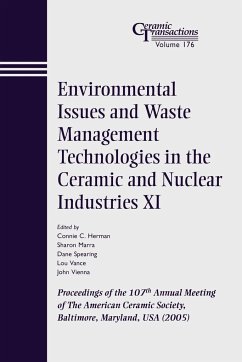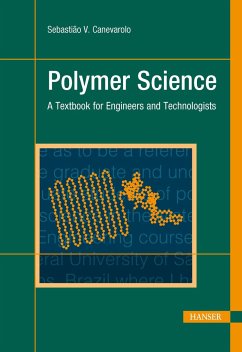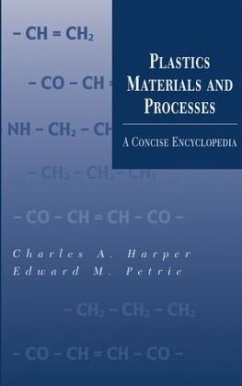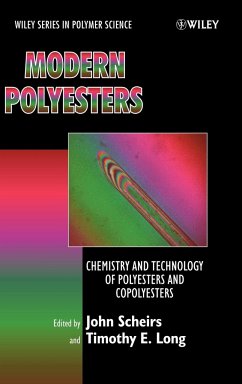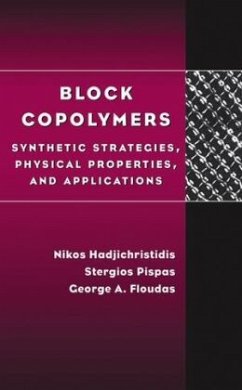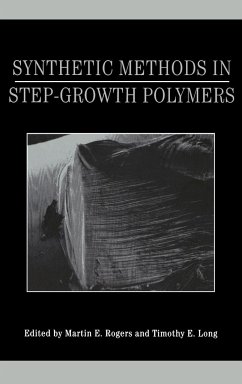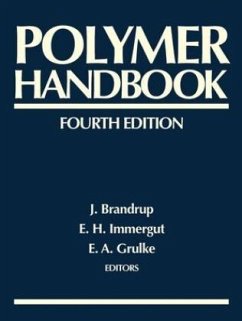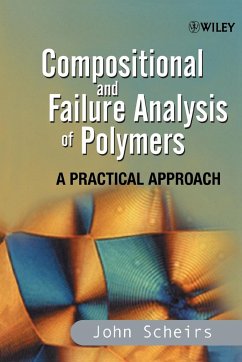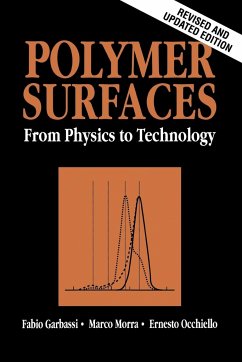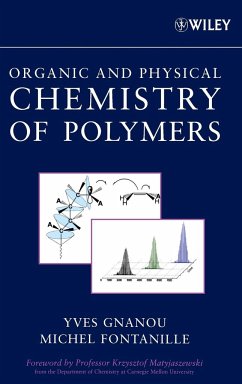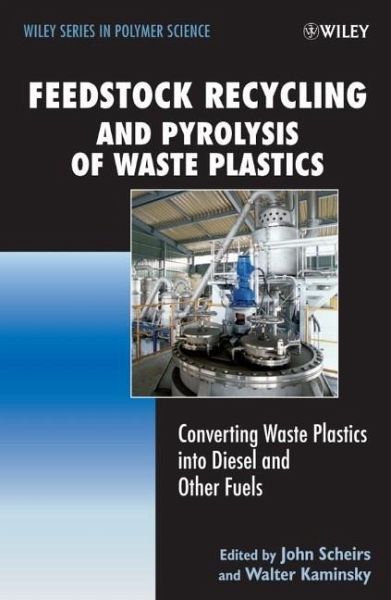
Feedstock Recycling and Pyrolysis of Waste Plastics
Converting Waste Plastics Into Diesel and Other Fuels
Herausgeber: Scheirs, John; Kaminsky, Walter
Versandkostenfrei!
Versandfertig in über 4 Wochen
479,99 €
inkl. MwSt.

PAYBACK Punkte
240 °P sammeln!
Providing an overview of the science and technology of Pyrolysis of waste plastics, "Feedstock Recycling and Pyrolysis of Waste Plastics" describes the types of plastics that are suitable for Pyrolysis recycling, the mechanism of Pyrolytic degradation of various plastics, characterization of the Pyrolysis products, and details of commercially mature Pyrolysis technologies. The book also explores co-pyrolysis technology such as waste plastic/waste oil, waste plastics/coal, and waste plastics/rubber.
Conventional recycling technologies can only recycle 15-20% of waste plastics. Beyond this, the plastics become increasingly contaminated with extraneous material. Pyrolysis technology can handle unsorted, unwashed plastics and produce high saleable end products such as diesel fuel, with no toxic or environmentally harmful emissions. This book covers the science and technology of converting waste plastics into liquid fuels, gaseous fuels and useful monomer precursors. This book will present information on: * Pyrolysis plant design * Types of plastics that can be processed * Process flow sheets and descriptions * Qualities of produced fuel oils and residue * Their applications * Waste gas analysis data This book covers the latest fundamental theory and practice behind the pyrolysis of waste plastics. It will include extensive use of figures and photos to illustrate various plastics pyrolysis processes. All chapters are international in scope, written by the foremost experts in academia and industry, with emphasis on contributions from principal companies involved in the R&D of pyrolysis processes for waste plastics. This book compliments the earlier book in the Wiley Series in Polymer Science, which described more broadly general polymer recycling. This book is a valuable guide to industries and workers involved in the recycling of waste plastics, suitable for polymer and material scientists, plastics engineers, environmental engineers, postgraduate polymer students, waste consultants, government agencies and policy makers.



